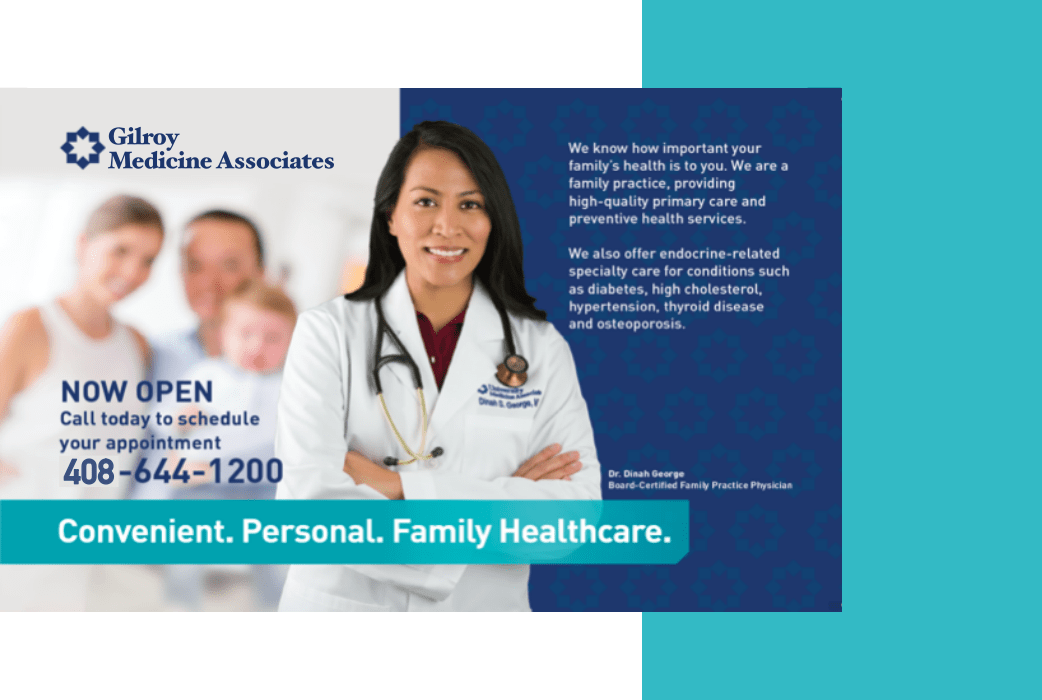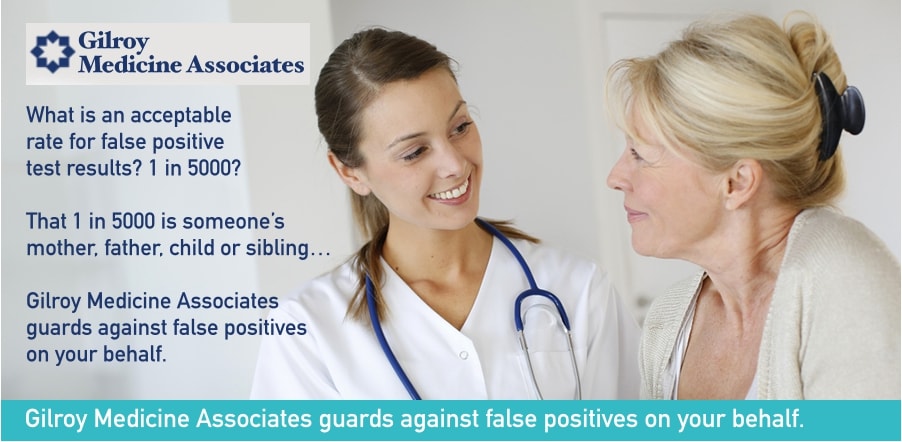Medical providers must navigate a number of important ethical considerations as they market their services online. We outline three guidelines to help hospitals and practices successfully—and ethically—position themselves in the digital marketing space.
Changes in social media, online search, and email marketing over the last decade have drastically affected how industries advertise online—and the health care industry is no exception.
Social platforms such as Facebook and Twitter provide easy, low-cost ways for providers to connect with potential clients, and as the public becomes increasingly comfortable searching for medical information online, new opportunities are opening for medical providers to share knowledge and interact with health care consumers online.
But this changing landscape in health care digital marketing, even with all its opportunities, has not come without risks.
How Can Medical Providers Avoid Litigation with Their Health Care Digital Marketing?
In several recent, high-profile court cases, doctors have been sued for false advertising. In one case, the Federal Trade Commission ruled that four weight-loss companies engaged in deceptive marketing practices. The end result was a $34 million refund to consumers of the products.
In another case, an Australian chiropractor was charged with false advertising for claiming his practice could prevent and cure cancer.
With the risk of litigation being so prevalent, how can providers communicate safely and appropriately with prospective clients? What marketing and advertising practices might be considered unethical? And how can providers take advantage of all the digital marketing opportunities available without putting their practices in jeopardy?
Here are three principles medical providers can follow to market ethically and successfully online:
Honesty is the best policy
A commitment to truth is essential for medical providers in marketing their practices. But in the health care industry, honesty has an expansive definition. So, what exactly does truth in advertising look like for health care?
First, it means that you should never embellish or hype qualifications and credentials. When crafting content for your advertisements or website, avoid using labels such as “the best cardiologist in the San Francisco Bay Area” or “the top cosmetic surgeon in Silicon Valley.”
Superlatives such as “top,” “best,” or “world-renowned” can be construed as misleading or even deceptive.
Instead, stick to claims that can be supported by third-party rankings and actual data, such as “Winner of 2017 Excellence in Health Care Award” or “Ranked the No. 9 hospital in the Nation for Ear, Nose, and Throat care.” Provide readers with information or links for the awarding agency.
Secondly, advertisements must avoid deceptive or misleading claims. This includes using fear tactics to influence consumer behavior. The exaggeration of the likelihood or risk of a condition may result in patients incurring unnecessary expenses for unwarranted procedures, which could leave providers open to costly litigation. Again, stick with information supported by data from reputable sources.
The third important way to demonstrate honesty in your health care digital marketing is to use real patients with real testimonials, not actors—and certainly not fabricated reviews. Live videos on social media are an effective marketing strategy right now, so if you’re using video testimonials, they should showcase your actual patients. It’s also important to know what the Federal Trade Commission (FTC) has to say about endorsements.
Avoid group-specific and product-specific promotions
When deciding how to promote your practice, the best course of action is to focus on your medical specialty, your qualifications, the reputation you’ve earned, and the area you are servicing. If you start focusing on specific products to highlight or specific groups to target, you’re more likely to get into an ethical gray area that may leave you open to litigation.
First, avoid the promotion of specific medicines, devices, products, or procedures. Each patient should receive a personalized treatment plan after consultation and testing with a doctor. Then, before deciding on a medication or procedures, doctors must fully disclose the risks and benefits of the treatment plan. Providers who minimize this step or skip it altogether will be vulnerable to medical malpractice lawsuits if things do not go as expected.
Secondly, refrain from targeting groups divided by gender, sexual preference, race, religion, class, or politics. Not only is discrimination in the medical field illegal, but even an accusation or suggestion of such could damage the reputation of the practice.
Lastly, never promote your hospital or medical practices at the expense of a competitor. Following this advice will help you avoid a defamation lawsuit. Leave the ranking to independent research conducted by third-party publications, such as the New England Journal of Medicine, the Journal of the American Medical Association, and the BMJ (formerly the British Medical Journal). All of these publications can be a source of content for your digital marketing campaign and provide the necessary air of independence.
Treat patient information consistently both digitally and physically
Social media is dominated by trending personal stories and daily updates, and as medical providers interact more and more with consumers online, they are likely to have access to more information about their patients. However, doctors and hospitals must treat patient information that is shared or transmitted on social media platforms with the same care as information revealed in an office visit.
Medical providers who interact with patients on social media should avoid passing judgment on habits or activities that might be divulged by a patient’s social media activity. For instance, it would be unethical for a doctor to order a test based on unhealthy eating or lifestyle habits observed online. Additionally, if a patient were to send a private thank-you message on Facebook, it would be entirely inappropriate to share this message on any social media platform without written consent.
Rely on face-to-face interactions and the gathering of reliable information within the context of a regular office visit to help you steer clear of potentially unethical social media interactions. Furthermore, you’ll avoid potential litigation if you always treat patient information with the same privacy protections and procedures that are followed in the office, regardless of how the information is obtained.
Pursuing Health Care Digital Marketing Opportunities
By carefully considering the ethical standards of the American Medical Association, as well as some of the guidelines we’ve outlined here, hospitals and practices are free to advertise by any means possible and should indeed take advantage of the marketing opportunities open to them in the digital age. A robust digital marketing plan that includes using your website, social media platforms, search engine optimization and email marketing will inevitably bring more patients to your practice and grow your business.
By avoiding some of the pitfalls provided in this article, you can be better prepared to advertise online or to hire a digital marketing agency that will plan and implement a strategy on your behalf.
If you have any questions about starting or enhancing your digital marketing plan, contact us for assistance.
SafeHouse Web is Silicon Valley digital marketing company that provides expert WordPress website design, social media marketing, and proven SEO solutions from Hollister to Gilroy and all of Silicon Valley.




